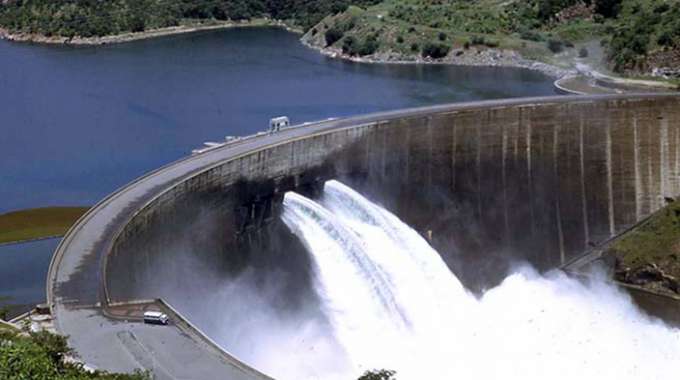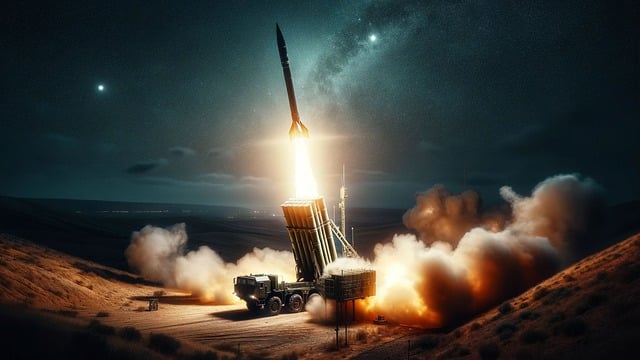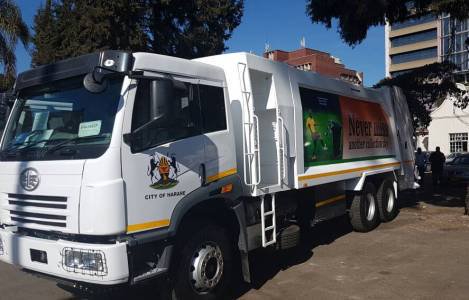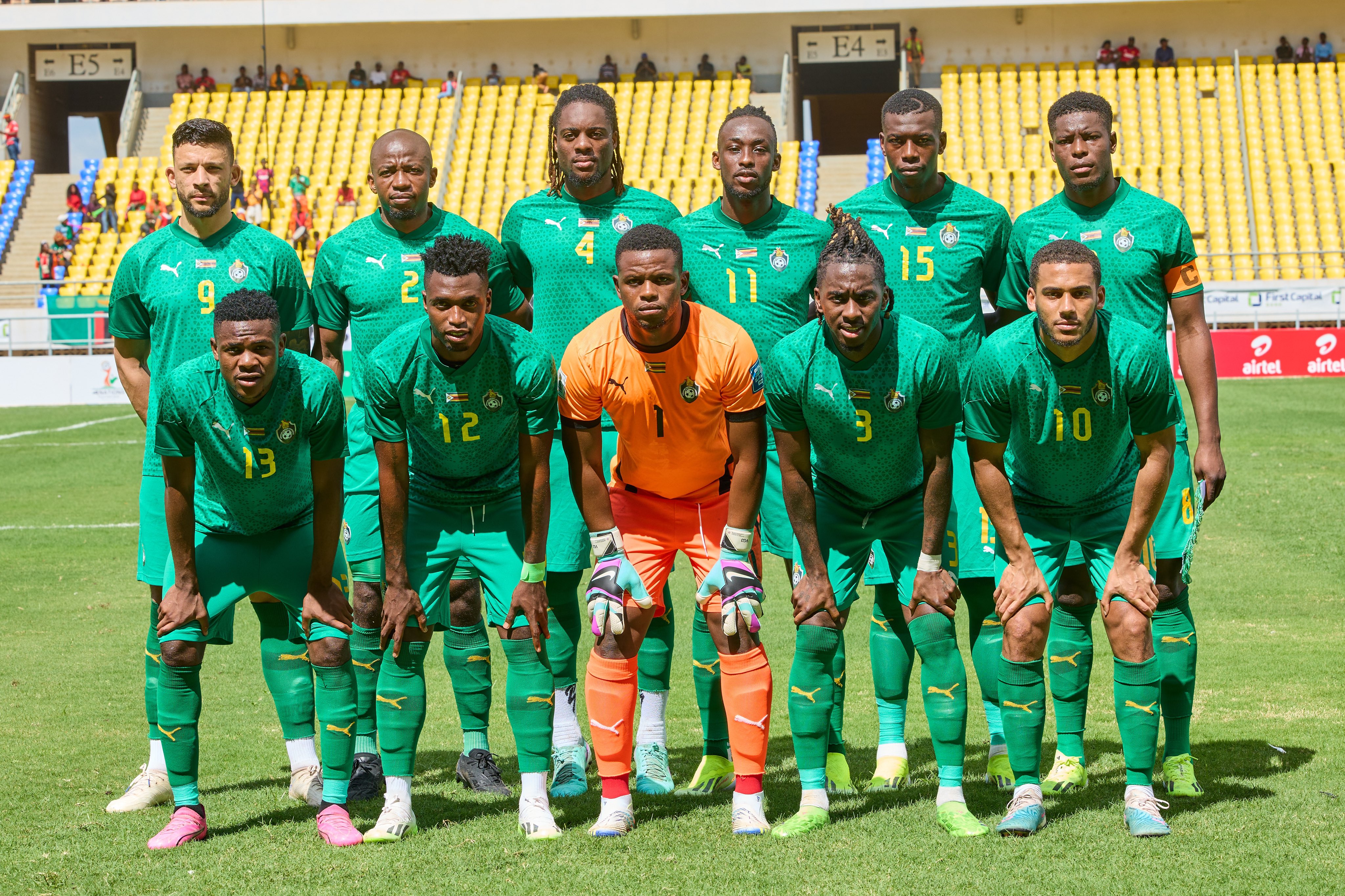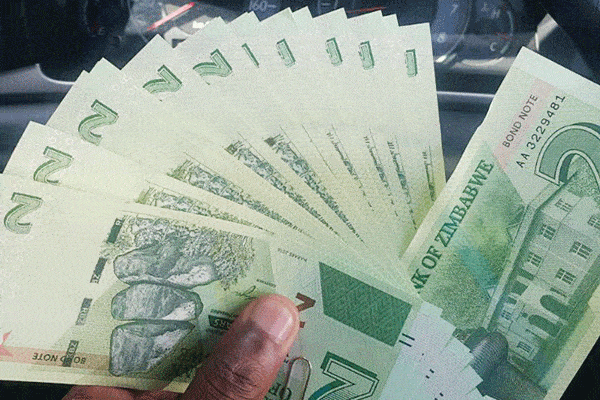The electricity supply crisis in the country is expected to get worse following revelations by the Zambezi River Authority (ZRA) in its first-quarter report of this year that the water level at Lake Kariba is very low due to “the lowest lake inflow” on record.
The ZRA was established as a body corporate on the first day of October, 1987 by parallel legislation in the Parliaments of Zambia and Zimbabwe following the reconstitution of Central African Power Corporation – under the Zambezi River Authority Acts (Chapters 467 and 20:23 of the Laws of Zambia and Zimbabwe, respectively) and is jointly owned by the governments of Zambia and Zimbabwe in equal proportions.
The ZRA has responsibility of the operation and maintenance of infrastructure on the Zambezi River (which is common to both Zambia and Zimbabwe), investigation and development of new dam sites on the Zambezi River and collecting, processing, analysing and disseminating hydrological and environmental information.
Apparently, Zimbabwe faces a perennial power crisis owing to a number of factors including antiquated power generation equipment.
Power shortages have a significant adverse impact on the productive sector and result in higher costs for Zimbabwe’s economy.
According to the latest Zimbabwe Economic Update, the country’s power shortages are estimated to cost the country a total of 6.1% of GDP per year, comprising 2.3% of GDP in generation inefficiencies and excessive network losses and 3.8% of GDP on the downstream costs of unreliable energy.
Zwnews

